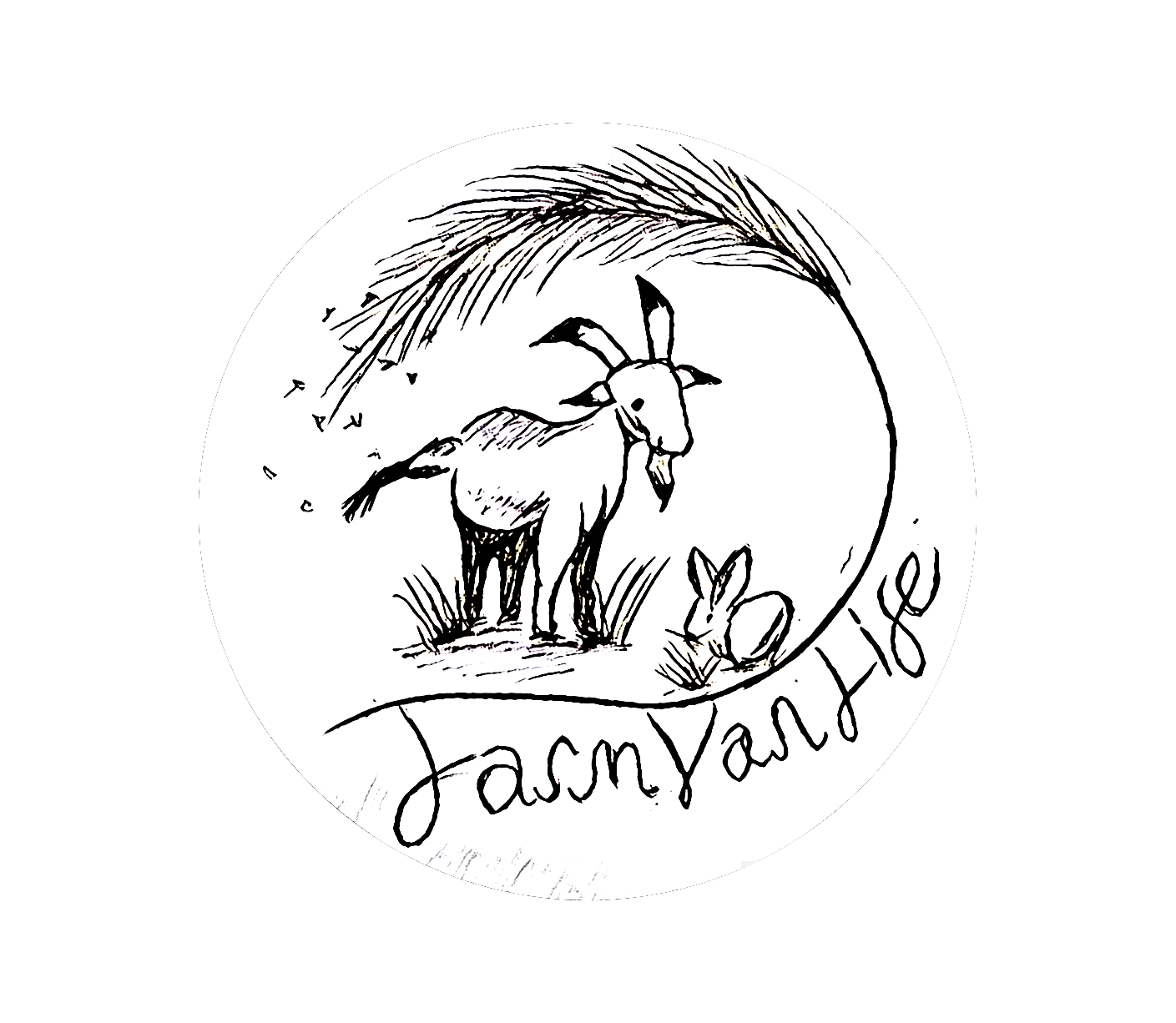Deciding whether to buy or rent a village house is a significant choice that depends on many personal and financial factors. Village living offers a peaceful and close-knit community, making it an attractive option for those seeking a slower pace of life. However, the decision to rent or buy can be tricky, with each option presenting its own advantages and challenges. Whether you are drawn to the long-term stability of owning property or prefer the flexibility that comes with renting, understanding the key considerations will help you make the best decision for your lifestyle.
In this blog, we will explore the pros and cons of both buying and renting a village house, taking into account factors such as financial readiness, market conditions, lifestyle preferences, and long-term goals.
By weighing the benefits and drawbacks of each, you will gain valuable insight to determine which path is right for you as you embark on a simpler, village-based lifestyle.
Buy or rent a village house?
Deciding whether to buy or rent a village house depends on several factors. Let’s break it down to help you make an informed choice.
1. Financial situation
- Buying:
- Requires a significant upfront cost, including a down payment, taxes, and closing fees. You may also need to consider mortgage payments, maintenance, and other ownership costs.
- However, buying a home can be a long-term investment, allowing you to build equity over time. If property values rise, you may profit from selling in the future.
- Renting:
- Typically lower initial costs with a deposit and monthly rent, and fewer long-term financial commitments. You do not have to worry about property maintenance or taxes.
2. Duration of stay
- Buying: If you plan to live in the village for a long time, buying may make sense. Over time, owning can become cheaper than renting, especially if home prices appreciate.
- Renting: If you are unsure how long you will stay or have a job that requires flexibility, renting gives you more freedom without the long-term commitment.
3. Market conditions
- Buying: If the real estate market is strong and expected to grow, buying can be a good investment. However, in a declining market, renting may be safer to avoid potential losses.
- Renting: In an expensive or fluctuating market, renting might be a more affordable and less risky option.
4. Lifestyle preferences
- Buying: Ownership offers stability, and you can personalize or renovate your home to suit your taste. It is great if you value long-term stability and control over your living space.
- Renting: Renting offers flexibility, and if you prefer low responsibility or expect to move in the near future, it is ideal.
5. Maintenance and responsibility
- Buying: As a homeowner, you are responsible for all maintenance, repairs, and general upkeep, which can be costly and time-consuming.
- Renting: Your landlord typically handles repairs and maintenance, reducing your responsibilities and expenses.
6. Emotional attachment
- Buying: If you love the idea of owning your own property and see the village house as your forever home, that emotional satisfaction can make buying more appealing.
- Renting: Renting lacks the emotional attachment to ownership, but it allows more flexibility to move when needed.
7. Village community
- Buying: If you want to become a long-term member of the village community, buying might help you feel more connected and invested in the area.
- Renting: If you are just testing the waters or not sure how well you will fit into the community, renting gives you the option to leave if it is not the right fit.
In other words, buy if you are financially ready, plan to stay long-term, and are committed to the area and property maintenance. Rent if you need flexibility, are not sure about long-term plans, or if market conditions or financial factors favor renting. What is your current situation in terms of finances, job stability, or plans for the future? That might help refine the decision further.
To sum up, deciding whether to rent or buy a village house ultimately comes down to your personal circumstances, financial situation, and long-term plans. Both options offer distinct benefits—buying provides stability and the potential for property appreciation, while renting offers flexibility and fewer responsibilities. By considering factors like your budget, how long you intend to stay, market trends, and lifestyle preferences, you can make an informed decision that aligns with your goals. Whether you choose to rent or buy, embracing village life can bring a rewarding and peaceful change to your daily routine.





